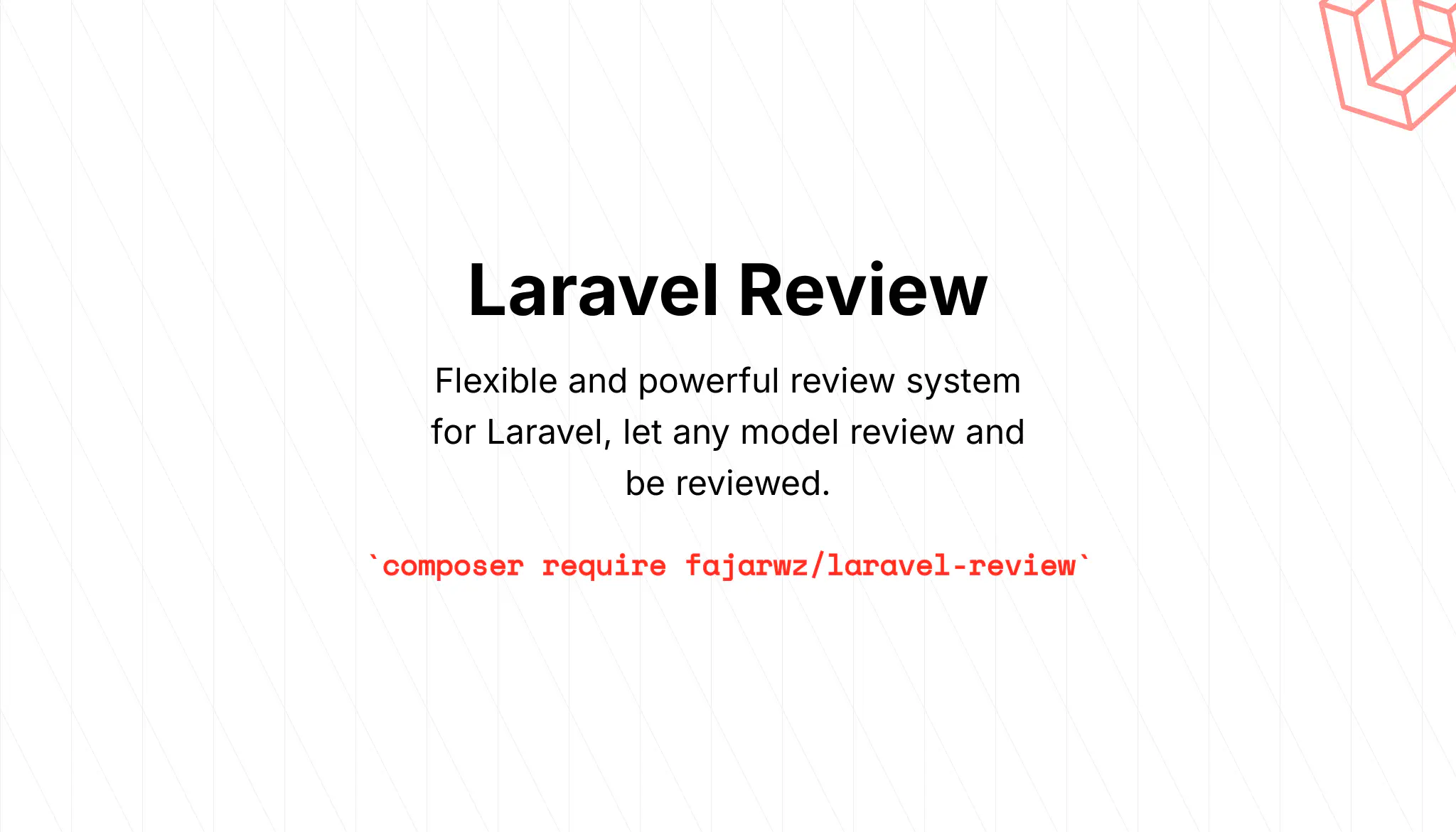In programming, the else statement is used to execute a block of code when the if statement evaluates to false. However, there are cases where using an else statement is not necessary and can even make the code less readable. In such cases, it is better to invert the if statement and use early return.
Using Early Return
Early return is a programming technique that involves returning from a function as soon as a certain condition is met. This technique can be used to reduce the number of else conditions and make the code more readable.
Here is an example of how to use early return in PHP:
// using if-else statement
function is_even($number) {
if ($number % 2 == 0) {
return true;
} else {
return false;
}
}
// Using early return
function is_even($number) {
if ($number % 2 == 0) {
return true;
}
return false;
}
In this example, the is_even function checks whether a given number is even or not. Instead of using an else statement, the function uses early return to return true as soon as the condition is met. If the condition is not met, the function returns false.
Using early return can make the code more readable and reduce the number of else conditions. It can also make the code more efficient by avoiding unnecessary computations.
Read also:
Default Value Assignment
Another strategy to avoid else statements involves assigning a default value to the variable of interest. For instance:
// Using if-else statement
$result = '';
if ($grade >= 75) {
$result = 'pass';
}
else {
$result = 'fail';
}
// Using default value assignment
$result = 'fail';
if ($grade >= 75) {
$result = 'pass';
}
This method not only reduces the need for an explicit else but also maintains code clarity.
Null Coalescing Operator
You can also utilize a null coalescing operator when dealing with null values.
// Using if-else statement
if ($x === null) {
$x = 0;
} else {
$x = $x;
}
// Using null coalescing operator
$x = $x ?? 0;
The null coalescing operator shortens the default value assignment when dealing with null.
Conclusion
While the else statement is useful, using it everywhere can make code complex and less readable. Trying alternatives like early returns, default values, and the null coalescing operator can lead to more straightforward and efficient code. As coding practices evolve, it’s crucial to explore these options and pick the best approach for each situation.
However, it’s essential to remember that completely avoiding the else statement isn’t always the best choice. Use your judgment to decide whether omitting else is suitable for a specific situation.




